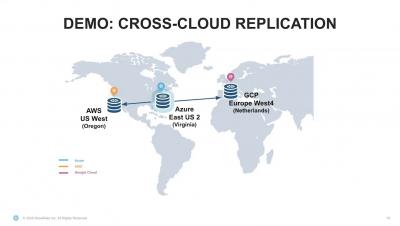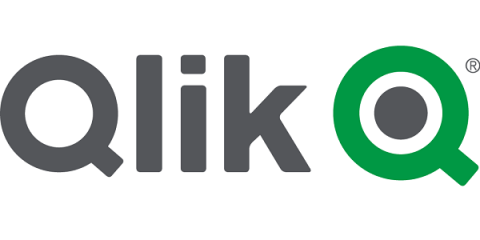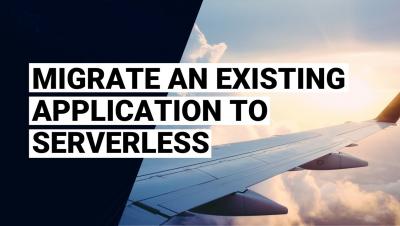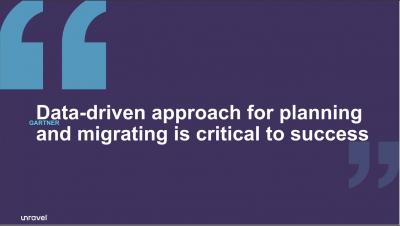Kong Launches Kong Enterprise on Top Cloud Marketplaces
I’m excited to announce that Kong Enterprise, our modern, scalable service connectivity platform, is now available on top cloud marketplaces, including AWS Marketplace and GovCloud (US) regions, Azure Marketplace, Google Cloud Platform, and Red Hat Marketplace!









